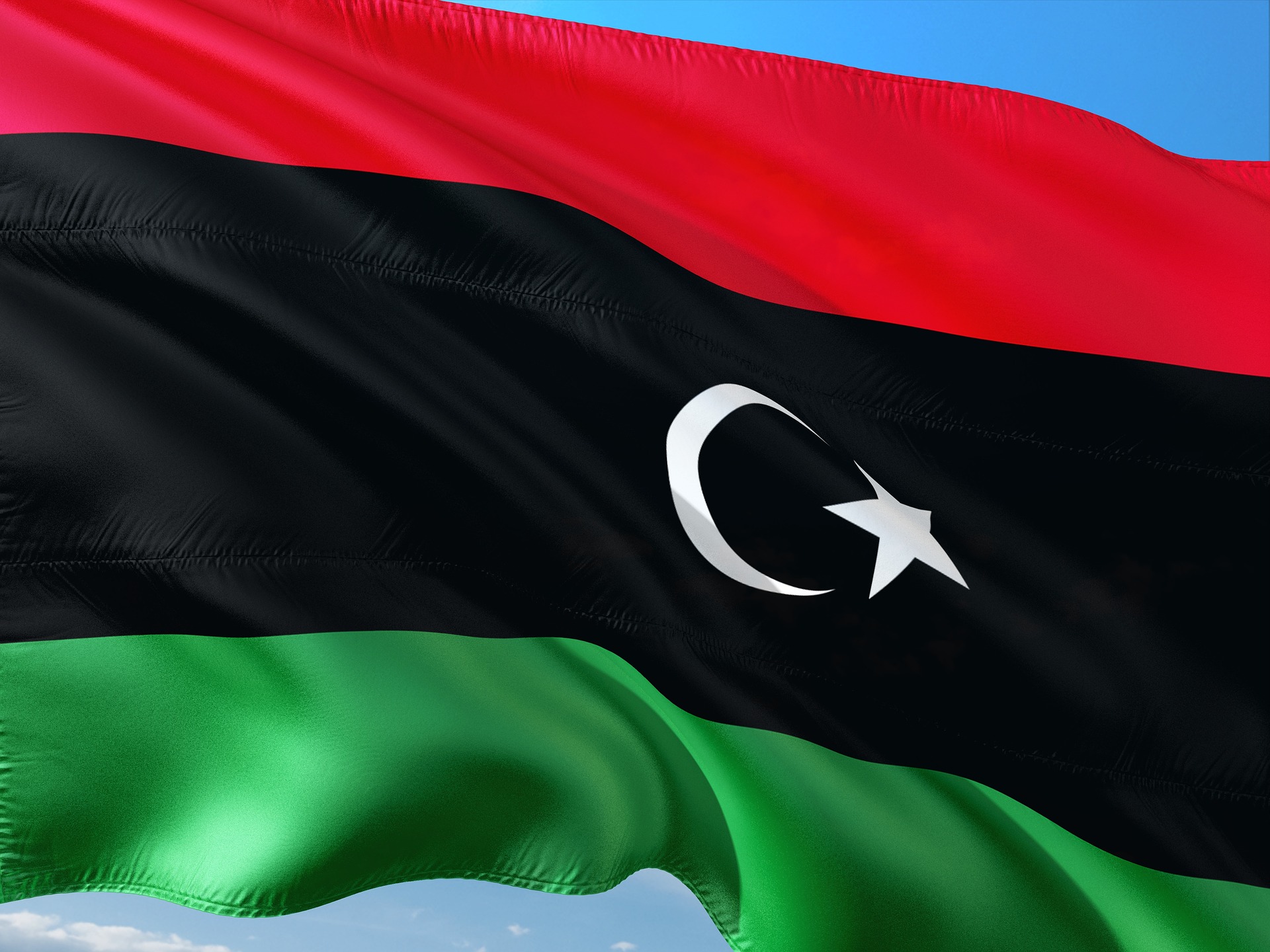
403
Sorry!!
Error! We're sorry, but the page you were looking for doesn't exist.
Opposing authorities approve settling central bank predicament in Libya
(MENAFN) The United Nations Support Mission in Libya (UNSMIL) has announced a significant development in the ongoing political struggle within the country, revealing that representatives from Libya’s rival governments have agreed to appoint a new governor for the Central Bank of Libya (CBL). This agreement follows a recent dispute triggered by the removal of the bank's previous leader.
The deal was struck between officials from the House of Representatives (HoR) based in Benghazi and the High State Council (HCS) located in Tripoli, after a fresh round of negotiations facilitated by UNSMIL. In a statement issued on Wednesday, UNSMIL confirmed that the parties involved have signed an initial agreement outlining the procedures, standards, and timelines for appointing the new governor, deputy governor, and board of directors for the CBL.
A signing ceremony is scheduled for Thursday, during which representatives from various diplomatic missions in Libya are expected to be present, marking a hopeful step towards resolving the ongoing financial leadership crisis.
This recent agreement comes in the wake of renewed turmoil in Libya, which intensified last month when the Presidential Council (PC) in Tripoli issued a decree to remove CBL Governor Sadiq al-Kabir. Since the 2014 NATO-backed uprising that ousted longtime leader Muammar Gaddafi, Libya has struggled with persistent instability, resulting in a division between competing eastern and western administrations. The interim Government of National Unity, established through a United Nations-supported process aimed at preparing for elections, operates out of Tripoli, while the national parliament and another administration function from Benghazi.
The CBL itself reflects this political divide, with its branches aligned with the respective governments. Notably, the Tripoli branch, under Kabir's leadership for over a decade, remains the only internationally recognized entity for managing Libya’s oil revenues and foreign reserves. This new agreement represents a crucial effort to stabilize Libya's financial sector amidst its ongoing political challenges.
The deal was struck between officials from the House of Representatives (HoR) based in Benghazi and the High State Council (HCS) located in Tripoli, after a fresh round of negotiations facilitated by UNSMIL. In a statement issued on Wednesday, UNSMIL confirmed that the parties involved have signed an initial agreement outlining the procedures, standards, and timelines for appointing the new governor, deputy governor, and board of directors for the CBL.
A signing ceremony is scheduled for Thursday, during which representatives from various diplomatic missions in Libya are expected to be present, marking a hopeful step towards resolving the ongoing financial leadership crisis.
This recent agreement comes in the wake of renewed turmoil in Libya, which intensified last month when the Presidential Council (PC) in Tripoli issued a decree to remove CBL Governor Sadiq al-Kabir. Since the 2014 NATO-backed uprising that ousted longtime leader Muammar Gaddafi, Libya has struggled with persistent instability, resulting in a division between competing eastern and western administrations. The interim Government of National Unity, established through a United Nations-supported process aimed at preparing for elections, operates out of Tripoli, while the national parliament and another administration function from Benghazi.
The CBL itself reflects this political divide, with its branches aligned with the respective governments. Notably, the Tripoli branch, under Kabir's leadership for over a decade, remains the only internationally recognized entity for managing Libya’s oil revenues and foreign reserves. This new agreement represents a crucial effort to stabilize Libya's financial sector amidst its ongoing political challenges.

Legal Disclaimer:
MENAFN provides the
information “as is” without warranty of any kind. We do not accept
any responsibility or liability for the accuracy, content, images,
videos, licenses, completeness, legality, or reliability of the information
contained in this article. If you have any complaints or copyright
issues related to this article, kindly contact the provider above.

















Comments
No comment